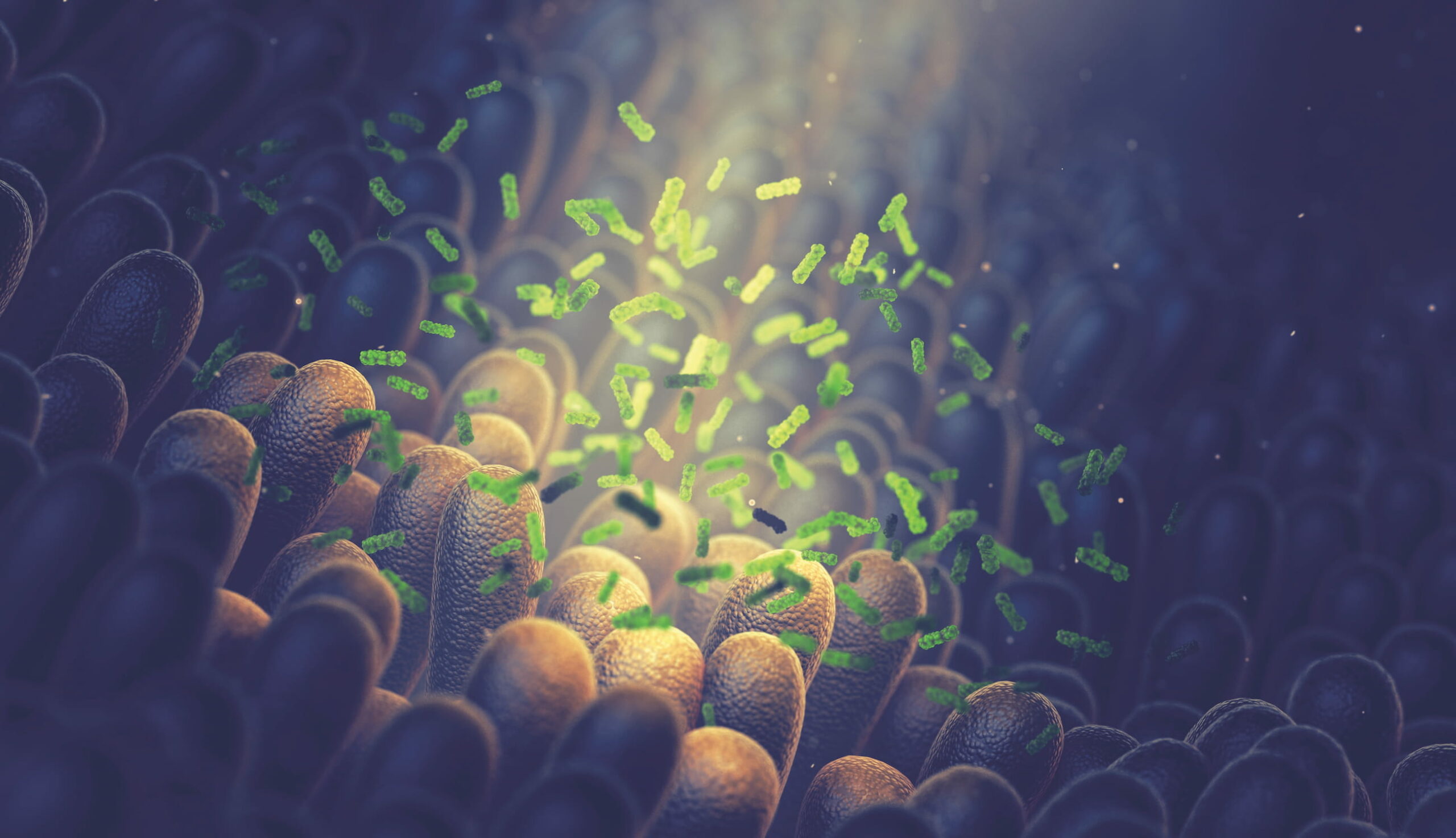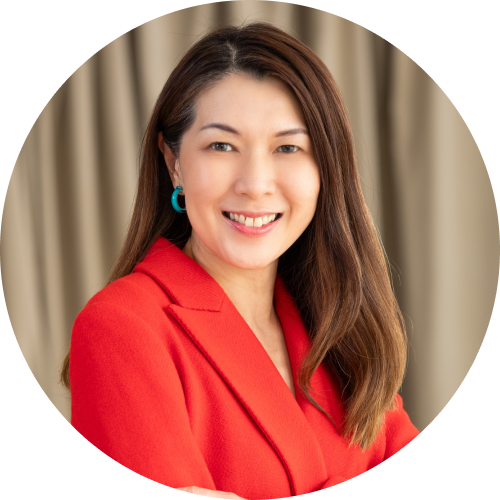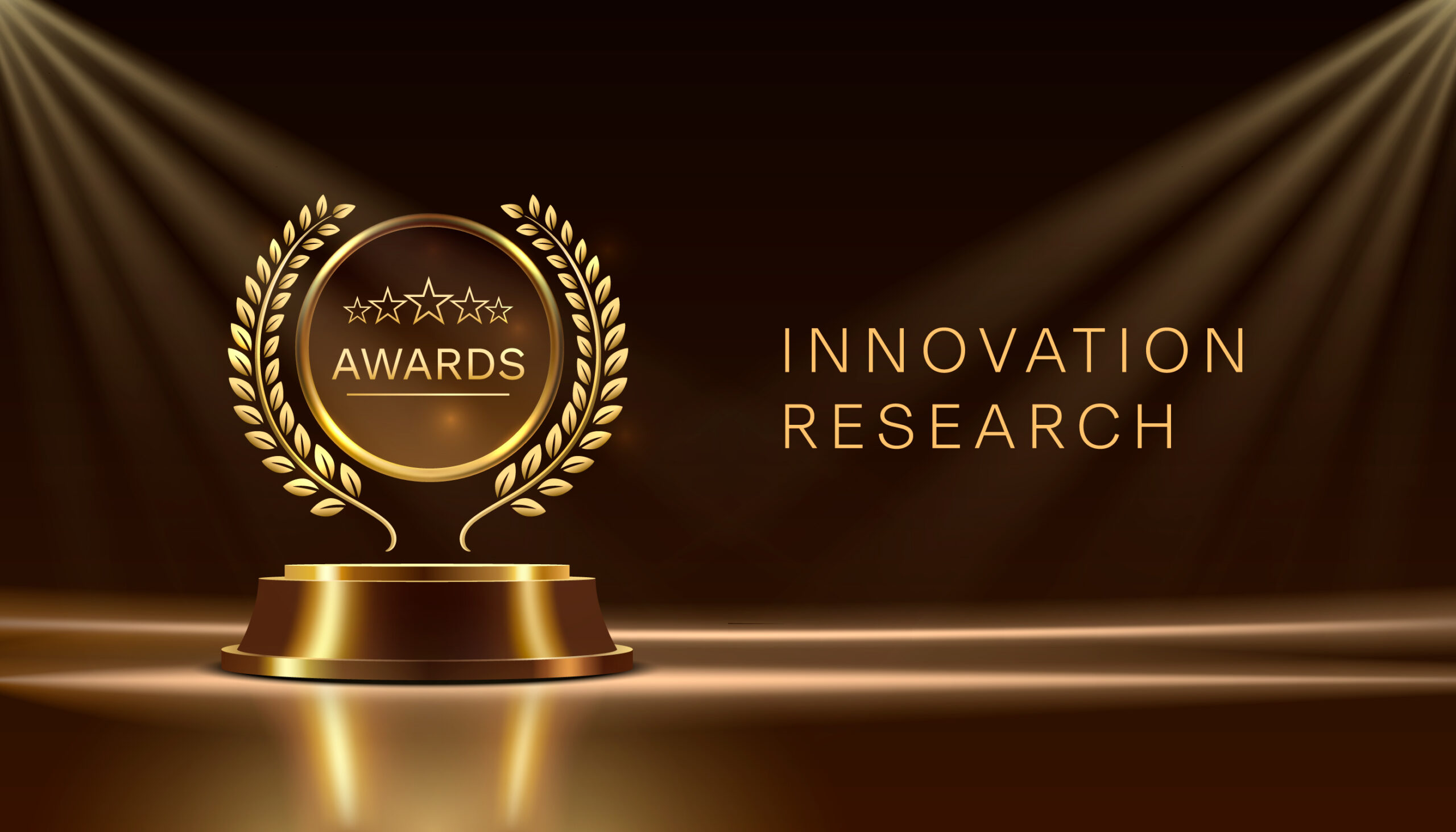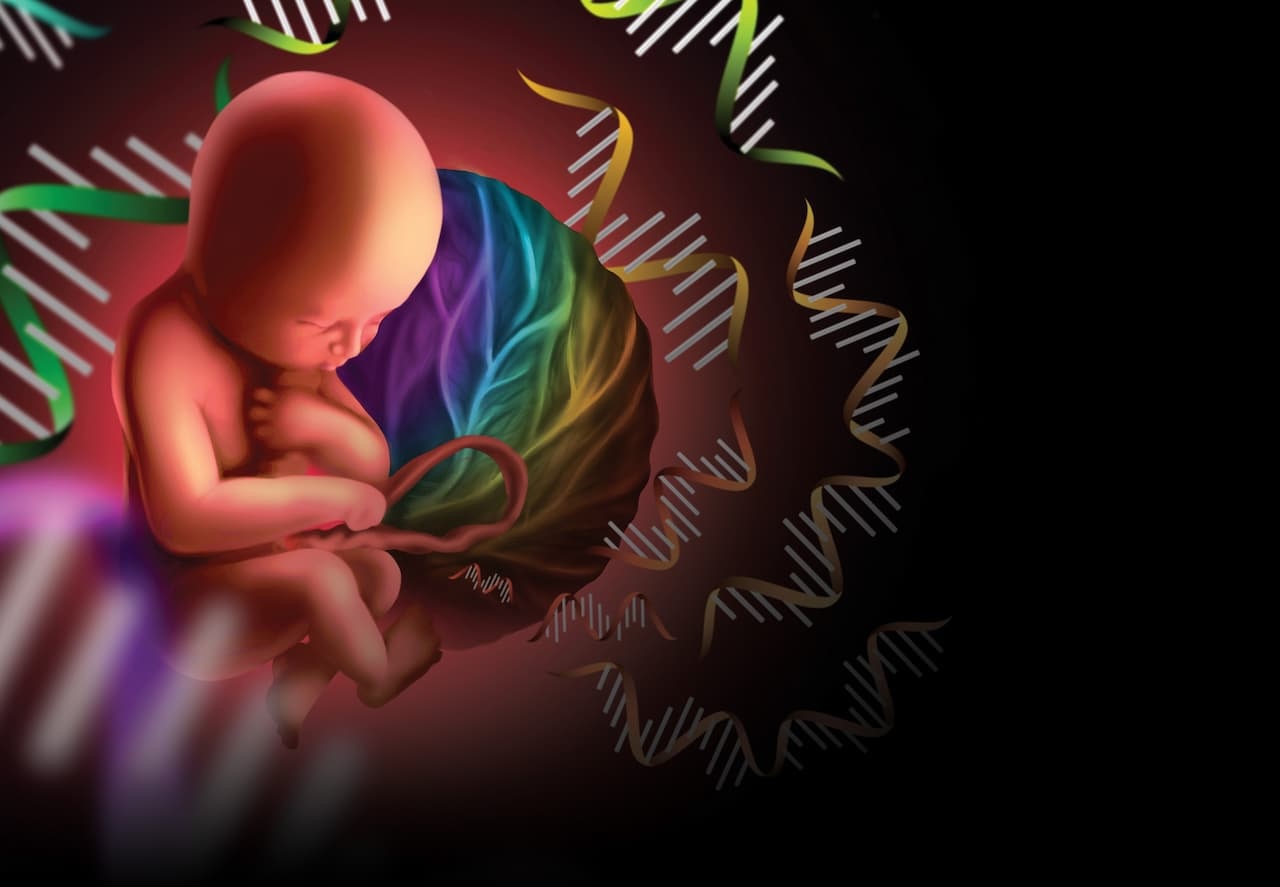The human microbiome is a fast-growing field of research. The trillions of microorganisms living in our intestines are closely linked not only to gastrointestinal diseases, but also to a wide range of health issues such as obesity, allergy, depression, autism and cancers. At CUHK, a multidisciplinary team led by gastroenterologists Professor Francis Chan Ka-leung and Professor Ng Siew-chien believe that the microbiome is the next frontier of medicine. For over a decade, the two clinician-scientists have been making cutting-edge innovations to identify and treat different diseases and translating them into clinical service and products for the benefit of the community.
World’s first microbiome immunity formula
In June 2020, six months into the coronavirus outbreak with a vaccine yet to emerge, a medical research team at CUHK made a groundbreaking discovery: synbiotic formula SIM01 that can boost immunity against COVID-19.
“At the start of the pandemic, every COVID-19 patient in Hong Kong was admitted to hospital. I was working at a CUHK teaching hospital and was intrigued by why some COVID-19 patients became seriously ill or even died while others remained well with no symptoms. I believed that the human gut microbiome that regulates our immune system plays an important role,” says Professor Ng Siew-chien, Director of the Microbiota I-Center (MagIC) at the Hong Kong Science Park. “We started saving stool samples from every COVID-19 case and examined how the gut microbiome influenced susceptibility to coronavirus risk and outcome.”
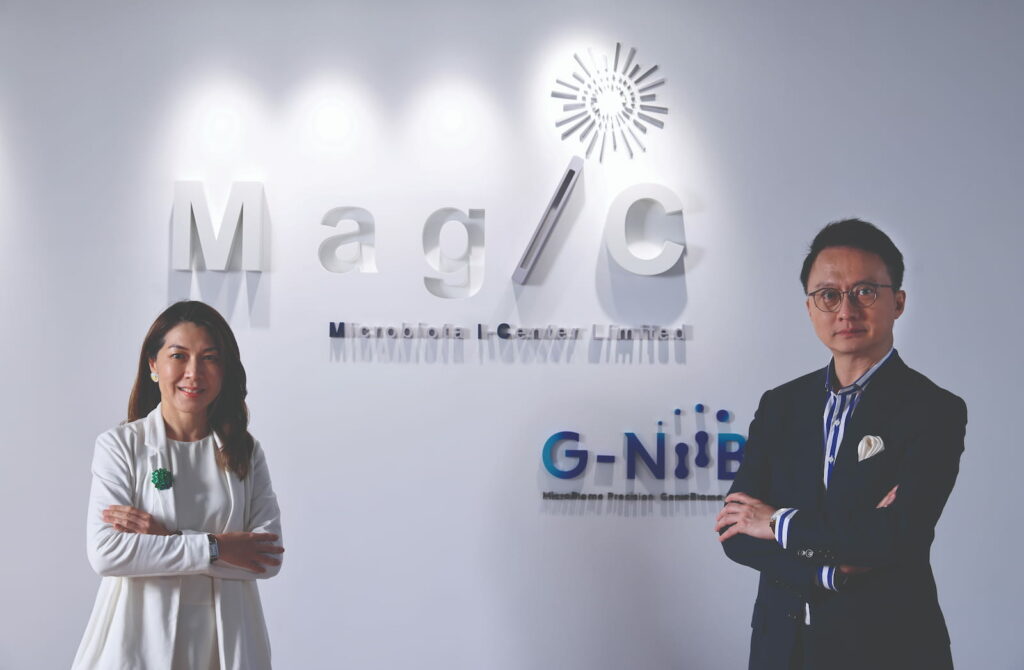
The team found that a series of beneficial bacteria was missing in the patients’ gut, especially the seriously ill. Using big data analysis and machine learning technologies, they developed the synbiotic formula, which was effective in hastening recovery, increasing antibody response and restoring gut dysbiosis. According to a large-scale, double-blind clinical trial, the formula can also improve immunity against other respiratory infections.
The team has also shown that SIM01 improved antibody response and durability of SARS-CoV-2 vaccines. Subjects who received oral SIM01 achieved sufficient good bacteria in their gut, had higher antibody levels, and fewer side-effects after the vaccines.
In 2020, Professor Ng and Professor Chan co-founded a biotechnology company, GenieBiome, which focuses on providing microbiome solutions to common health problems. They were able to license their discoveries to their own company to maximise the benefits of their research for the development of Hong Kong’s microbiome industry. SIM01 was launched that year and is now also available in mainland China and Southeast Asia.
The team has investigated the effectiveness of SIM01 in treating long COVID symptoms including fatigue, sleep problems, difficulty in concentrating and shortness of breath. Early findings showed that the formula was effective in reducing those symptoms. Professor Chan says: “Our scientific discovery and rapid launch of SIM01 was made possible with the collective efforts of a multidisciplinary team consisting of over 100 people.”
A new frontier in medicine
Professor Ng joined CUHK in 2010. Her research interests include inflammatory bowel disease, colorectal cancer, gut microbiome and faecal microbiota transplantation. “As a young institution, CUHK is full of opportunities and encourages innovation and entrepreneurship. With that, I can continue to create knowledge that can benefit society,” she says.
Professor Chan is a world-renowned expert in peptic ulcer bleeding, helicobacter pylori and endoscopic therapy. “The human body has two sets of genomes – our own genome and microbial genome in our gut,” he says. “We cannot edit our human genes, but we can manipulate our microbial genes to prevent disease, improve health, and even change our fate.”
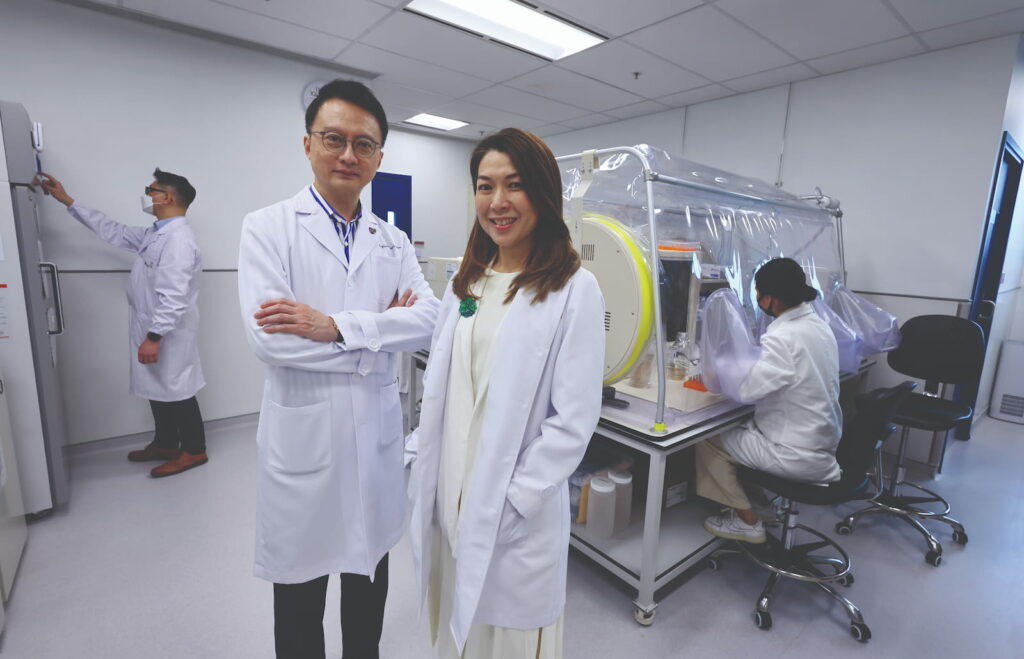
Apart from SIM01, their team has developed novel non-invasive diagnostic tests, including a stool microbiome precision test to detect colorectal cancer (known as M3CRC). They also planned to launch a stool microbial biomarker test for early detection of autism.
Success in stool transplant
CUHK established Asia’s first fecal microbiota transplantation (FMT) and research centre in 2018. FMT is a therapy that transfers gut microbes from a healthy human donor to a patient to help restore gut dysbiosis. The Faculty of Medicine has performed over 500 successful FMT treatments for recurrent Clostridioides difficile infection, a life-threatening disease causing profuse diarrhoea and rectal bleeding. It is also researching the role of FMT in other diseases such as obesity, autism and irritable bowel syndrome.
The faculty is partnering with the Hospital Authority to provide stool transplant as a clinical service to all public hospitals in Hong Kong for recurrent and refractory Clostridioides difficile patients.
“Noah’s Ark” in the Greater Bay Area
“We hope to leverage our gut microbiome research to provide effective solutions to common illnesses in our next generation such as obesity, eczema and autism.”
— Professor Ng Siew-chien
For the past five years, the CUHK team has been collaborating with over ten hospitals in southern China in a project involving 100,000 pairs of mothers and babies, regularly collecting biosamples from the women from pregnancy until the birth of the infants. “The first three years of life is the golden period to keep us healthy for the rest of our lives. If we maintain a good set of gut bacteria, we are likely to be protected from many chronic illnesses,” says Professor Ng. “One day, we will be able to provide personalised microbiome therapy in pill form to treat common diseases including eczema, autism and obesity.”
Professor Chan says an expedited approval process for new drugs developed in the Greater Bay Area (GBA), covering Hong Kong, Macau and Guangdong Province, would be vital to develop the city into a microbiome innovation and technology hub in Asia.
CUHK is proposing to set up a microbiome biobank at the border with the mainland. “We are ready to lead with our world-recognised expertise and innovative discoveries. It is our dream to build a ‘Microbiome Noah’s Ark’ for the 80 million people living in the GBA,” he says.’’’






